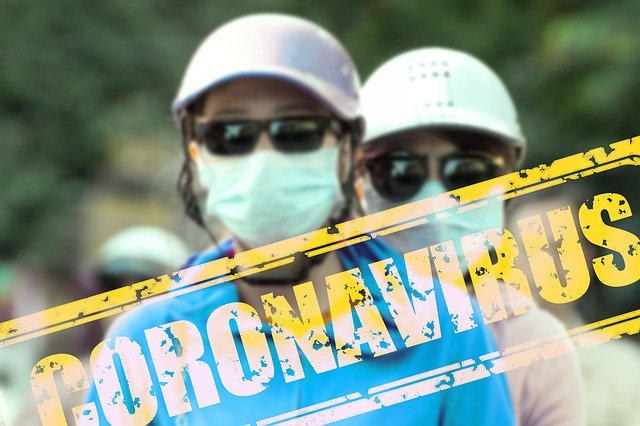The origin of the Novel Coronavirus that killed over 126,000 people globally is still a mystery as there is no proof to support any of the theories related to the source of the infection. But, as per a recent report, diplomatic cables showed that US officials sounded the alarm about possible safety breaches at a Wuhan lab studying Coronavirus in animals.
Meanwhile, US intelligence agencies launched an investigation to find out whether the coronavirus may have leaked from a Chinese laboratory in Wuhan, said Army General Mark A Milley, a senior US military officer. He told media in Pentagon that initial assessments indicate that this virus appears to have been a "natural" event arising from the animal-to-human transmission, but new reports revealed origin may have occurred as an escape from a research laboratory.
Concerns over Coronavirus origin in Wuhan
A report by Washington Post on these diplomatic cables said US officials raised the concerns about safety issues in Wuhan Institute of Virology, which holds a level four biosafety research certification, in 2018. This lab was conducting research on coronavirus in bats. Two years ago when a US diplomat in Wuhan and a science diplomat at the US Embassy in Beijing visited the Wuhan lab, they found the lab with abysmal safety standards.
The officials sent two sensitive but unclassified cables to Washington DC asking for assistance to help the Wuhan lab to tighten the safety protocols. A cable dated Jan. 19, 2018, revealed that during the interaction between US officials and Wuhan scientists at the lab, they noted that the scientific infrastructure has a serious shortage of trained technicians and investigators needed to safely operate this high-containment research laboratory.
It was revealed that the biosafety of the lab on the host animals of Coronavirus such as bats was the main issue with the Wuhan lab. The diplomats and scientists also warned that faulty safety protocols surrounding the handling of the pathogen "represented a risk of a new SARS-like pandemic."

The origin of Novel Coronavirus
Just like the SARS, which originated in southern China in 2002, the new Coronavirus also began with human-to-human transmission. The Wuhan lab previously published research focusing on bats as a source of SARS and this lab was the first to claim in February 2020 that these animals are also responsible for Novel Coronavirus.
In the cable, diplomats said that the research work on Coronavirus strongly suggested that the SARS-like viruses from bats "can be transmitted to humans to cause SARS-like diseases." It also added that "From a public health perspective, this makes the continued surveillance of SARS-like coronaviruses in bats and study of the animal-human interface critical to future emerging coronavirus outbreak prediction and prevention."
Even though the Chinese government claimed that COVID-19 was first transmitted to humans in a Wuhan based wet market, there are still many unrevealed questions about the origin of the virus which has triggered several theories. These questions have been compounded by CCP's lack of transparency with the nation as well as with the world communities and moves to silence those healthcare workers who spoke about it.

However, as per the Washington Post, several experts have argued that the virus originated in the Wuhan seafood market but the fact is that the market doesn't sell bats. According to a research published in The Lancet in January revealed that neither the first known human COVID-19 patient to be infected nor 14 out of 41 first cluster of patients had any connection to the market.
But it should be noted that the Wuhan department of the Chinese Centers for Disease Control another lab in the region was conducting research on animal Coronaviruses which is not very far from the Seafood Market. Unlike the Wuhan Institute of Virology, this lab holds only a level two biosafety certification.
Meanwhile, when Army Gen Mark A Milley revealed that US intelligence agencies are currently investigating whether the Coronavirus leaked from a Chinese lab or not. He said, "It should be no surprise that we've taken a keen interest in that and we've had a lot of intelligence [agencies] take a hard look at that. I would just say at this point it's inconclusive although the weight of evidence seems to indicate natural. But we don't know for certain."








